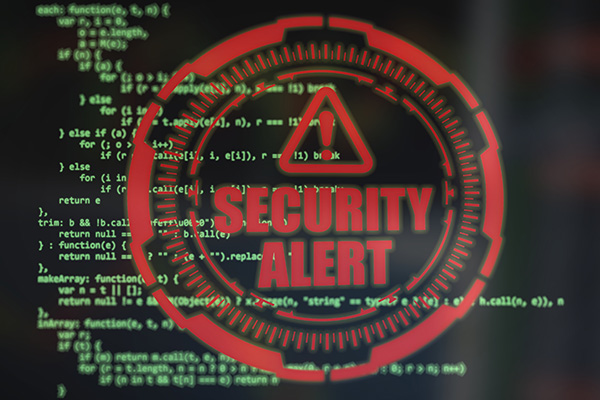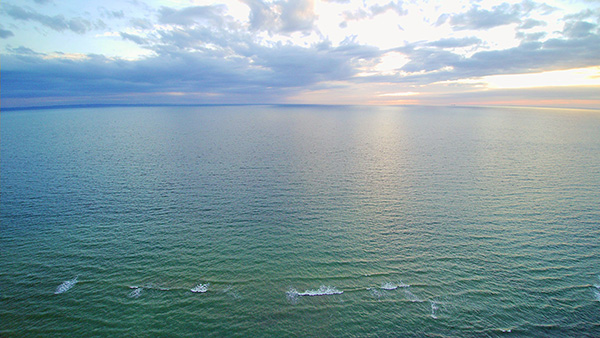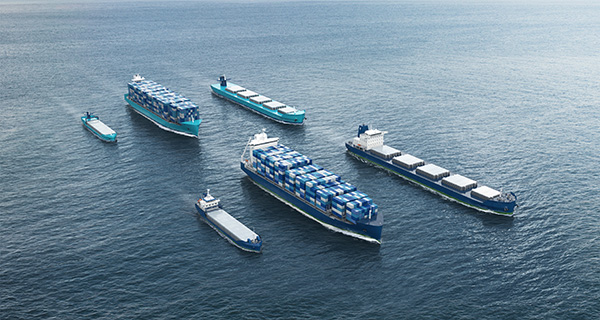Environment
Safety
Systems
Maritime automation systems to enhance safety and security

Shipping is in the process of becoming increasingly automated. New technologies can be helpful in making future maritime traffic more energy-efficient, non-polluting and safer than before. Still,
automation has its risks, especially if ship control systems are not properly protected against cyber-attacks.
For a number of years, designers have
developed various kinds of concepts
for highly developed automation systems
for ships, including remotely controlled
and even totally autonomous vessels.
In North European waters, Rolls-
Royce and the towage operator Svitzer
demonstrated the world’s first remotely
operated commercial vessel – a tug – at
Copenhagen harbour in 2017. Around
the same time, Rolls-Royce Marine established
a research centre for remote-controlled
and autonomous ships in Turku in
southwestern Finland.
In April 2019, Rolls-Royce Commercial
Marine became a fully integrated part
of Kongsberg Maritime, but the research
centre is still operational.
New technologies for various autonomous
ship projects also include artificial
intelligence (AI) systems for ship navigation.
Among others, the Finnish Aalto University
has participated in some of these
projects.

Versatile Automation
However, maritime automation systems
are not always intended to replace the
ship’s human crew of operators by remote
control or robotics. The development of
sensors and automation systems for maritime
applications can also benefit the operators
of more traditional kinds of vessels.
In 2019, for instance, AI-based systems
were tested on board Tallink’s ship
’Megastar’ in order to improve the performance
of ship positioning and to have
a more complete and error-free picture of
the ship’s surroundings, e.g. by recognising
and eliminating possible errors of radar
imaging and of navigation satellites. Such
errors might be caused by environmental factors but also by intentional jamming or
cyber-attacks carried out by criminals or
hostile nations.
One Sea, the industry alliance promoting
and developing autonomous ship
technology, has in recent times researched
into various aspects of ship safety and
autonomous technology. The alliance
consists of a number of competent partners:
ABB, Cargotec, Ericsson, Finnpilot,
Fintraffic, Haltian, Inmarsat, Kongsberg,
MTI, Napa, TietoEVRY and Wärtsilä, plus
DIMECC, a Finnish innovation hub specialising
in industrial digitalisation.
Cooperation For Safety
The Finnish Shipowners’ Association is one
of the participants of the international
One Sea alliance that is striving to enable
commercial autonomous maritime traffic
by 2025. The aim is to create better conditions
for making shipping significantly
safer and more energy-efficient.
”We have been in cooperation with
One Sea for a few years now. Maritime
automation is important for the shipping
industry. It has a lot of development potential,”
notes Ms. Sinikka Hartonen, Head of
Environment and Technology at the Finnish
Shipowners’ Association.
”Automation offers possibilities to
improve the safety of navigation but it also
creates much-needed tools to cut emissions
and to make sea transportation even
more environmentally efficient than it is
today,” she continues.
”Onboard automation has existed
for many years already but its use is constantly
increasing. This does not mean that
ships would need to be autonomous or
remotely controlled. The first step and the
main priority is that technological innovations
should be taken into use to assist seafarers
in decision-making by e.g. offering
improved situational awareness.”
Many potential technologies already
exist and could be taken into use, but it is
important that their safety is ensured by
further tests and pilot projects.
”The shipowners wish to promote
and participate in projects that will help
to understand the potential of the automation
and how it could best be used in a safe
and secure way,” Hartonen points out.

Environmental Efforts
According to recent research by One Sea
alliance, shipowners could make good use
of autonomous technology to support
maritime decarbonisation efforts, now that
the need for preventing the adverse effects of climate change is becoming increasingly
urgent.
International Maritime Organisation’s
Fourth IMO Greenhouse Gas Study in 2020
projected a 90 to 130 percent increase in
greenhouse gas emissions from shipping
by 2050. One Sea notes that this prediction
contrasts sharply with the IMO’s target
to halve maritime emissions by the
same year.
Furthermore, One Sea alliance member
Wärtsilä has estimated that maritime
autonomy solutions can yield fuel savings
of at least 10 precent on longer voyages
by optimising vessel routing and speed.
Even a short reduction in docking time can
cut fuel consumption by two to three per
cent per minute. Various other fuel-saving
techniques are also currently under
research.
Against this background, One Sea
recommends that the shipping industry
should act swiftly and decisively to reduce
the environmental impact of maritime traffic
on the climate. Automation technologies
could significantly help these efforts.
Maritime incidents – such as collisions
at sea – can have a serious impact
on the environment. The situation could
be improved by improving situational
awareness
onboard ships. Autonomous
technology can prevent ships from performing
dangerous and potentially harmful
actions and keep vessels away from
particularly hazardous sea areas altogether.
Promoting Cyber Security
With the rapid increase in automation and
other maritime digital systems, cyber security has not necessarily kept pace with the
progress.
There has been an increase in cyberattacks
since the onset of the Covid-19
pandemic. Experts warn that the cyber
challenge is bigger for existing ships than
it is for newer vessels that are purposely
built to withstand cyber-attacks.
According to a recent One Sea report
on ship automation and safety, maritime
cyber security is affected by factors including
– but not limited to – connectivity,
artificial intelligence, situational awareness,
sensors, digital health management,
energy management and the environment,
and the adoption of digital twin technology.
A clear understanding of how data is
transferred is essential for recognising and
limiting potential risks.

photo: ONE SEA
Some shipping companies have been
known to have adopted rigorous cyber
security strategies and even to employ a
team of hacking specialists, working round
the clock to identify weak points in their
systems. However, many other companies
have more casual attitudes towards cyber security, resulting in weak links in the cyber
protection firewalls.
Cyber-attacks on the guidance systems
of autonomous or remotely controlled
ships might result in entire vessels
with their cargo being hijacked by modern-
day pirates. Alternatively, such attacks
might cause navigation errors possibly
resulting in shipwrecks or serious oil leaks.
Serious Threats
Apart from these obvious motives,
there are other reasons for current maritime
cyber-attacks. Organised criminals
are known to have utilised ransomware
attacks to close down the computer and
data systems of various kinds of companies,
in order to extort money in exchange
of opening up the systems again.
Shipping companies can be highly
vulnerable to such attacks. In the case of
container ships carrying perhaps 20,000
or more containers each, the loss of data
detailing the contents, owners and positions
of on-board containers could obviously
cause a lot of confusion, or even
lead to disruption of shipping operations.
Many ransomware attacks are not being
reported to authorities since negative corporate
publicity could lead to loss of customers.
Furthermore, hostile states resorting
to various kinds of hybrid warfare have
increasingly become ”the usual suspects”
in sophisticated cyber-attacks of all sorts,
possibly targeting the control systems of
cargo ships, offshore oil-drilling platforms,
or even warships of other nations.
In the words of the recent annual
report from the Finnish counterintelligence:
clandestine operators of non-democratic
states tend to have a wider range
of operational tricks at their disposal than
the more legitimate military and intelligence
services of democratic countries
usually have.
by: Ari Mononen
photos: Pixabay



